Negotiations between U.S. and U.K. trade officials have begun in the wake of the of United Kingdom (U.K.) formally exiting the European Union (E.U.) on Jan. 31, 2020, with food and agriculture being the primary focus for new trade deals. Northern Soy Marketing (NSM), which represents soybean farmers from Minnesota, North Dakota and South Dakota and is partially funded by the Minnesota Soybean Research & Promotion Council, is taking proactive measures to ensure their voices are heard regarding barriers to soybean exports.
“Northern farmers produced nearly one billion bushels of soybeans in 2018, many of which are exported across the world,” says NSM and MSR&PC CEO Tom Slunecka. “The U.K. can come back to being a large market for us if we can work with them to tackle some of their non-tariff trade barriers.”
In May, NSM sent a letter the Gregg Doud, chief agriculture negotiator at the U.S. Trade Representative (USTR), outlining these non-tariff trade barriers.
“Being part of the World Trade Organization, all barriers need to be science-based, and three of those barriers in the U.K. simply are not,” says Patrick O’Leary, NSM board member and Minnesota soybean farmer. “This is an unprecedented time when we can try to increase our soybean market for genetically-modified, organic and identity-preserved (IP) soybeans. These negotiations are critical for farmers across the tri-states and a way to add value to our already high-quality soybeans.”
Three non-tariff trade barriers were put into place against U.S. soybeans, dating back to 1996, including:
- A zero threshold for biotechnology-derived soybean genetic events that have received approval for planting in the U.S. in 1996, but have not received import approval in the E.U., which the U.K. was then a member of;
- Mandatory “GMO labeling” of food ingredients (e.g., soy flour) containing more than 0.9 percent content of mix-in, biotechnology-derived soybean genetic events that have received import approval in the U.K. and E.U.;
- A zero-threshold in organic feed ingredients (e.g., soybean meal), implemented in 2019, for mixed-in biotechnology derived soybean genetic events that have received import approval in the U.K./E.U.
“All of these non-tariff trade barriers are WTO-contravening because science has shown that naturally occurring bacteria in the soil can cause false-positives for GMO mix-in of up to two percent, which is above all of their allowed mix-in requirements,” says Matt Bainbridge, vice chair of NSM and South Dakota soybean farmer. “Simply following science and increasing their mix-in tolerance to five percent would still ensure a safe, quality supply to the U.K. while still following WTO regulations.”
In addition to the WTO-contravening trade barriers, the U.K. also forces poultry feed manufacturers to produce 100-percent organic diets or decline to manufacture organic feed, ultimately excluding U.S. organic soybeans from the U.K..
“Our farmers take pride in producing a high-quality, reliable product to meet our customer’s demands,” says Mike Langseth, NSM chairman and North Dakota soybean farmer. “We strongly encourage the USTR to push for the relaxation of these non-tariff barriers – especially the new zero percent import tolerance on organic beans. A zero percent tolerance is a de facto ban when you take into account the potential for false positives. Coming to an agreement on these issues starts the sole relationship between the U.S. and the U.K. off on a positive note.”


